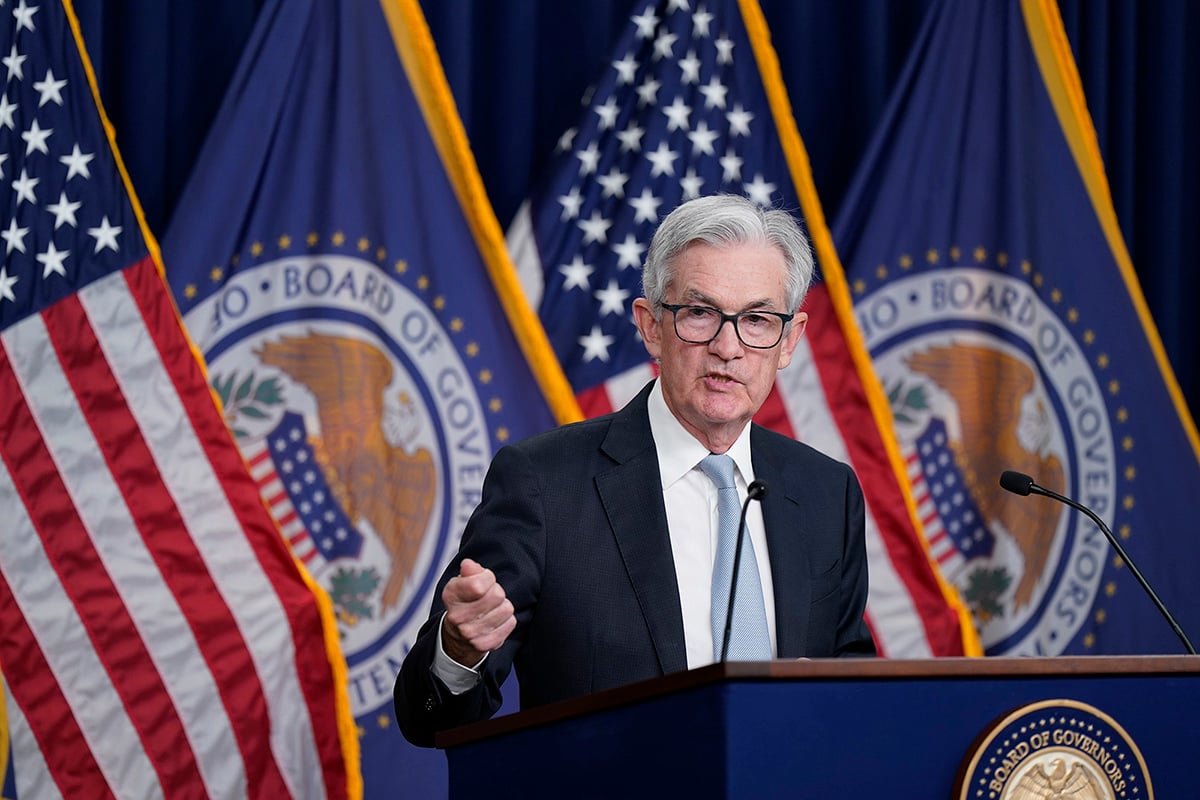Companies have made sporadic attempts to put reputation on the management agenda in the past–mostly in response to corporate crises–but the lessons learned were temporary.
In 1991, for example, regulators discovered that Salomon Brothers had failed to curb the activities of a trader who was buying up large amounts of Treasury bonds in an attempt to corner the market, recalls Charles Fombrun, executive director of the Reputation Institute and a former professor at New York University's Stern School of Business. The resulting scandal claimed the head of Salomon's then-CEO, John Gutfreund. His replacement, on a transitional basis, was Warren Buffett.
"The first thing he said to the bank's traders was: 'If you lose money for the firm, I will be understanding. If you lose reputation for the firm, I will be ruthless,'" says Fombrun. "It was a famous statement because it recognised that reputation is something long-term and fundamental, while money is transitory."
Complete your profile to continue reading and get FREE access to Treasury & Risk, part of your ALM digital membership.
Your access to unlimited Treasury & Risk content isn’t changing.
Once you are an ALM digital member, you’ll receive:
- Critical Treasury & Risk information including in-depth analysis of treasury and finance best practices, case studies with corporate innovators, informative newsletters, educational webcasts and videos, and resources from industry leaders.
- Exclusive discounts on ALM and Treasury & Risk events.
- Access to other award-winning ALM websites including PropertyCasualty360.com and Law.com.
*May exclude premium content
Already have an account? Sign In
© 2024 ALM Global, LLC, All Rights Reserved. Request academic re-use from www.copyright.com. All other uses, submit a request to [email protected]. For more information visit Asset & Logo Licensing.






